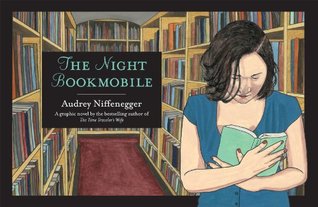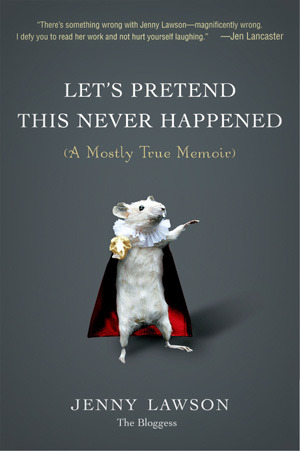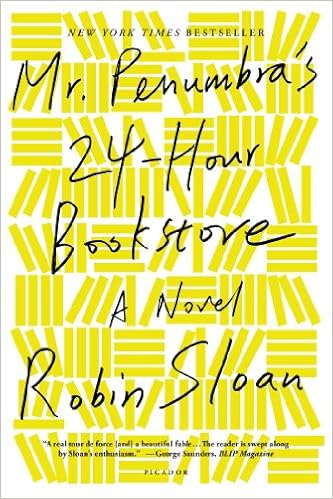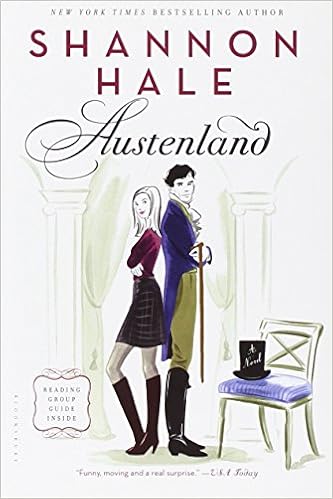 |
| Simon & Schuster |
Joshua Hammer
2016
The Summary
"To save precious centuries-old Arabic texts from Al Qaeda, a band of librarians in Timbuktu pulls off a brazen heist worthy of Ocean's Eleven.
"In the 1980s, a young adventurer and collector for a government library, Abdel Kader Haidara, journeyed across the Sahara and along the Niger River, tracking down and salvaging tens of thousands of ancient Islamic and secular manuscripts that were crumbling in the trunks of desert farmers. His goal was to preserve this crucial part of the world's patrimony in a gorgeous library. But then Al Qaeda showed up at the door.
"The Bad-Ass Librarians of Timbuktu tells the incredible story of how Haidara, a mild mannered activist and historian from the legendary city of Timbuktu, became one of the world's greatest and most brazen smugglers by saving the texts from destruction. With bravery and patience, he organized a dangerous operation to sneak all 350,000 volumes out of the city to the safety of southern Mali. This real-life thriller is a reminder that ordinary citizens often do the most to protect the beauty and imagination of their culture. It is also the story of a man who, through extreme circumstances, discovered his higher calling and was changed forever by it."
The Good
I enjoyed reading The Bad-Ass Librarians of Timbuktu. First and foremost, I had the chance to learn about some amazing librarians who did extraordinary things (I always like learning about librarians); second, I learned so much about Timbuktu and Mali, which I enjoyed. I love learning about different regions and locales, and I was positively enchanted by Mali and the beautiful manuscripts Abdel Kader Haidara uncovers.
I love books. I especially love old books. They're beautiful and precious, and I was enthralled by the simple history and content of the hundreds of manuscripts that Haidara saved. Joshua Hammer had a way of describing the manuscripts that made me want to reach out and hold them, to run my fingers over the pages and see the full-colored details painstakingly drawn upon their pages.
I was dying to view one for myself and feel the weight of history in my hands.
It's a consistent feeling throughout the book. Hammer gives these manuscripts--and the men and women who saved them--a great significance. They feel important, crucial to the preservation of history and culture and memory.
You get the feeling that Hammer is passionate about this story. He wants to tell readers about the incredible librarians who preserved history against all odds, about the city and country that suffered under Al Qaeda, about the small community that banded together to survive unspeakable tragedy. Truly, it's awe-inspiring to read.
The Bad
No complaints.
It's a bit slow on the build up, but it's a fascinating and thoughtful inspection on a region of the world with which I'm unfamiliar. I was excited to learn more about Mali's wonderful and colorful history, to hear more about Haidara's unprecedented rescue mission of more than 350,000 books and manuscripts.
The Ugly
The violence this region endured is staggering.
Mali, particularly Timbuktu, was a thriving haven for artists, musicians, tourists, religious leaders, educators, and historians. Regular festivals were held in honor of local music and musicians, and museums sprang up to celebrate the social, scholarly, medical, and cultural history of Mali. And yet almost over night everything changed with the arrival of Al Qaeda.
Strict religious and social laws, appalling punishments, brutal behavior, cruelty, and that's just the tip of the iceberg. They killed and maimed those they believed broke their laws; they restricted local businesses and workers, imposing harsh strictures, and all but killed Mali's economy; they defaced monuments and burned books, art, and more, destroying anything they saw as challenging their leadership. They effectively tried to erase Mali's history and impose their own.
It's horrifying to witness these things. I mean, I found it heartbreaking to see Timbuktu have its entire culture and history reworked through a lens of bigotry and hate, to witness innocent people lose their homes, their businesses, their limbs and their very lives for a philosophy of violence. It's painful, and it's what makes The Bad-Ass Librarians of Timbuktu such a hard book to read and discuss.






